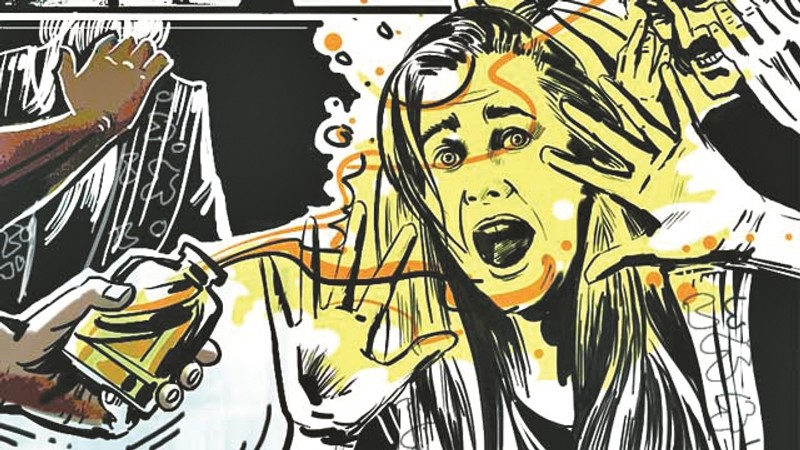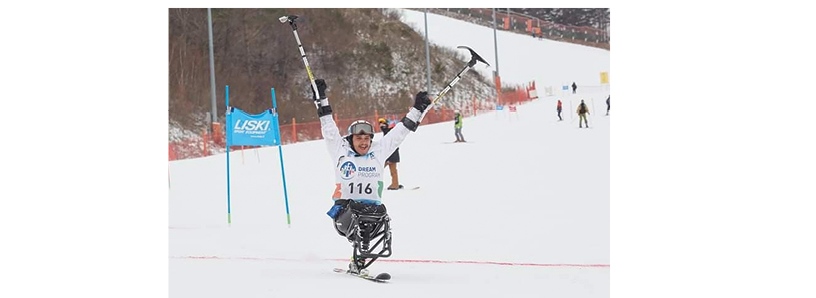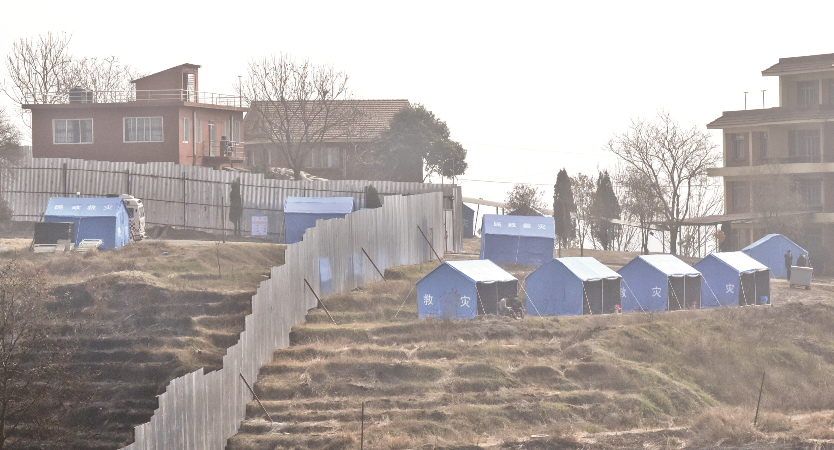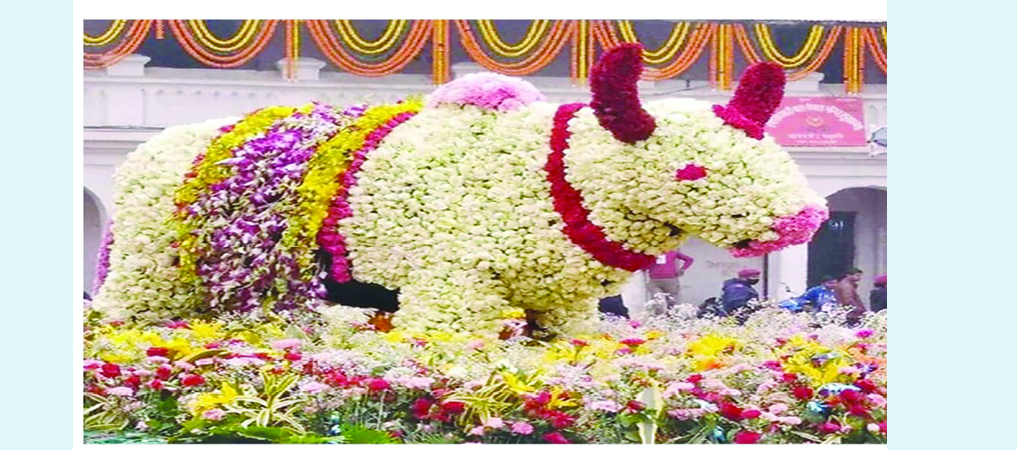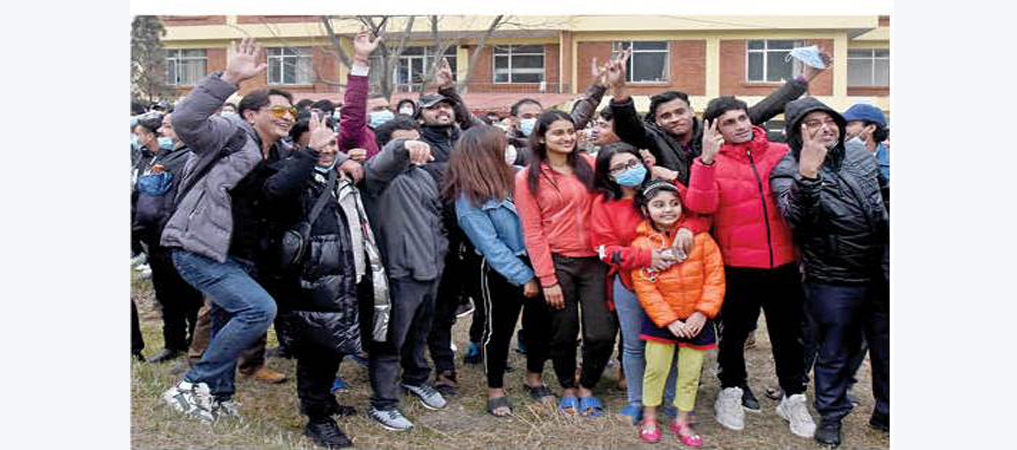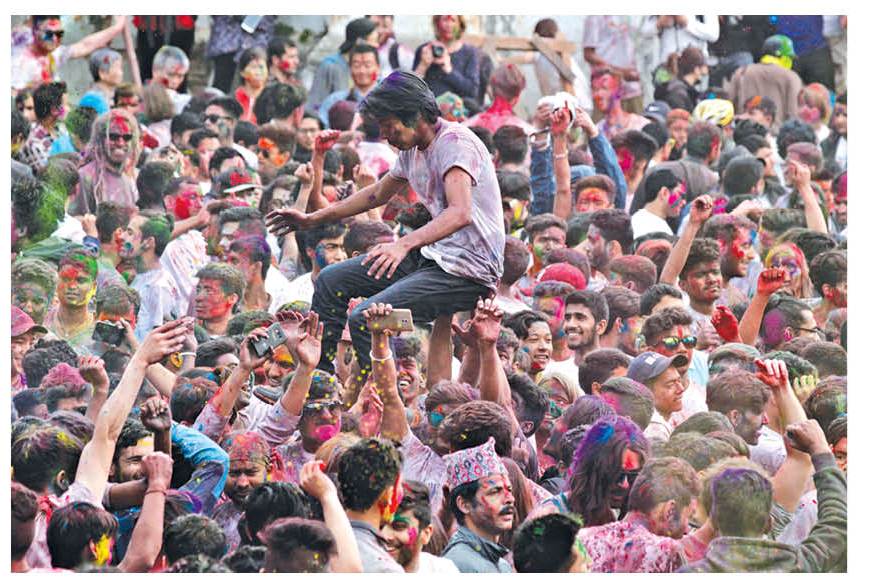Women disregard virus scare to get their hands painted with henna

By Sampada Anuranjanee Khatiwada
Kathmandu, July 21: With the beginning of the holy month of Shrawan, women are seen exhibiting their devotion to Lord Shiva by wearing green, visiting temples and putting henna on their hands, despite the risk of transmission of SARS-CoV-2, which causes COVID-19.
Although the government has said that there is no community transmission of the virus in Kathmandu, a beauty parlour owner with no travel history whatsoever had tested positive for the virus in sample tests done by the Health Ministry in Kathmandu.
This stands as an example that the transmission of the virus is higher in places like beauty salons which necessitate direct human contact, however, women are seen visiting salons.
Luja Shrestha, 24, was getting henna painted on her hands from Kalpana Magar, 33, at a Lainchaur-based beauty parlour. Both, Shrestha and Magar, were wearing mask but physical distancing was not maintained and they were in direct contact with each other.
“Applying henna is a part of our culture, especially in the holy month of Shrawan. This is one of many ways we show our devotion to Lord Shiva,” said Shrestha. “The COVID-19 fallout has definitely changed the way we celebrate festivals. Thus, we are giving continuity to our culture and tradition by adopting all the precautionary measures against the virus infection.”
Shrestha said that she had been wearing masks and both of them had sanitised their hands before applying the henna. Magar, who runs the parlour, said, “During almost four months of lockdown, our income was nil. We paid rents for four months without any income. The month of Shrawan marks the beginning of the festive season. With all the festivals like Mondays of Shrawan, Teej, Dashain, Tihar and wedding season, our business thrives the most for five months from Shrawan to Mangsir.”
“Now, as the lockdown has been eased, a few customers are visiting us for beauty-related services, though the income is not enough. I believe the show must go on to ensure our hand-to-mouth problem,” said Magar. “Although the risk of virus infection still looms large upon us, we have to continue our business to survive in the costly Kathmandu.”
Roshan Yadav, who runs a henna stall in New Road, said, “Our business reaches its peak during Shrawan. In the previous years, we used to apply henna to more than 20 women a day. But this year, due to the virus scare, only five to 10 customers come to us in a day.” Yadav said that they were running the business despite the pandemic to compensate the losses caused by the lockdown.
Meanwhile, the public health experts say that the risk of virus is higher especially in service delivery stations requiring close human contact like beauty salons.
Dr. Rabindra Pandey, a public health expert, said, “Some formulas have been established relating to the virus transmission on the basis of various researches carried out across the world.”
Firstly, the chances of contracting the novel coronavirus is directly proportional to the time of interaction with the number of people, said Dr. Pandey.
“Secondly, virus infection equals to the number of viruses released within the amount of time of interaction between people,” he added. “In a minute, a person releases some 200 viruses. Around 3,000 viruses are released in one cough and 30,000 viruses release when one sneezes.”
Thus, the more one spends time with a COVID-19 infected person, there is more chance of contracting to the virus, added Dr. Pandey.
Same formula applies to beauty salons, he said. “One spends more time in beauty salons. Thus, the risk of transmission of virus also increases.”
“Moreover, most of the beauty salons aren’t well ventilated, while maintaining physical distancing in salons is not possible and utensils used are also not sterilised. Hence, the threat of virus fallout is higher in beauty salons.”
“Applying henna requires a lot of time and one cannot immediately wash hands after applying the henna. Henna makes the hands moist till it dries and the virus survives longer on moist surfaces,” added Dr. Pandey. “Thus, we should compromise while celebrating festivals this year and not compromise on protecting the public health by avoiding visits to salons for whatever reasons.”
Recent News

Do not make expressions casting dout on election: EC
14 Apr, 2022
CM Bhatta says may New Year 2079 BS inspire positive thinking
14 Apr, 2022
Three new cases, 44 recoveries in 24 hours
14 Apr, 2022
689 climbers of 84 teams so far acquire permits for climbing various peaks this spring season
14 Apr, 2022
How the rising cost of living crisis is impacting Nepal
14 Apr, 2022
US military confirms an interstellar meteor collided with Earth
14 Apr, 2022
Valneva Covid vaccine approved for use in UK
14 Apr, 2022
Chair Prachanda highlights need of unity among Maoist, Communist forces
14 Apr, 2022
Ranbir Kapoor and Alia Bhatt: Bollywood toasts star couple on wedding
14 Apr, 2022
President Bhandari confers decorations (Photo Feature)
14 Apr, 2022





